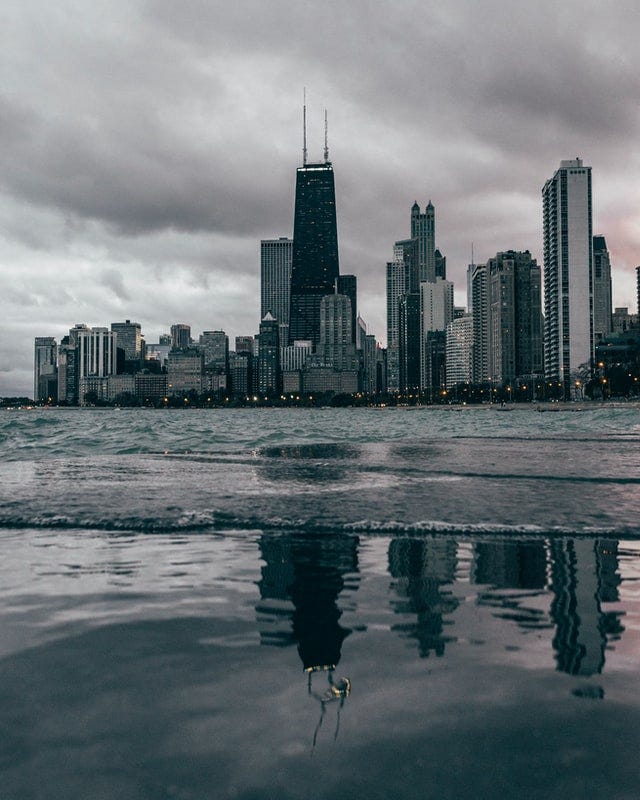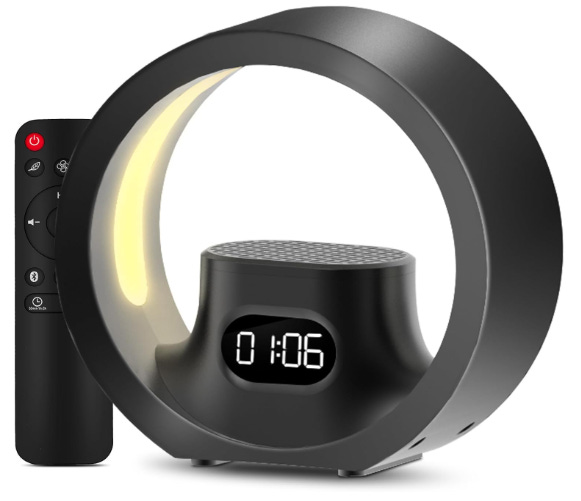4 reasons we all need battery backup
From car to home emergencies, planning ahead should be mandatory

Last year, 350 million people worldwide were left without power. It's undeniable that with the increased popularity in electronic appliances and an aging grid, it's in our best interests to consider solar energy more often.
However, it can be difficult to know where to start in power outage preparation. Natural disasters and accidents are common culprits, but they happen so few and far between that it's easy to overlook them. And sometimes our first instincts are to just hope that electricity companies fix it all soon enough. But what happens when the situation is a bit more dire than waiting on an electricity truck to show up? And why is backup electricity essential?
ADVERTISEMENT ~ Amazon
As an Amazon affiliate, I earn a percentage from purchases with my referral links. I know some consumers are choosing to boycott Amazon for its DEI removal. However, after thinking about this thoroughly, I choose to continue promoting intriguing products from small businesses, women-owned businesses and (specifically) Black-owned businesses who still feature their items on Amazon. All five of my Substack publications now include a MINIMUM of one product sold by a Black-owned business. (I have visited the seller’s official site, not just the Amazon Black-owned logo, to verify this.) If you still choose to boycott, I 100% respect that decision.

Here are four tips to answer these questions.
Invest in solar backup power for no-plug electricity at home
Solar backup power can be used by simply connecting a charged unit to run power into your home — without an external power source. A portable emergency solar generator can charge up a laptop, a smartphone, heat lamps, etc. Continuous positive airway pressure (CPAP) batteries can charge a machine for approximately eight hours.
ADVERTISEMENT ~ Amazon
As an Amazon Affiliate, I earn a percentage for each purchase with my referral links
Passive energy storage can also be a win-win for those who lose power from an air conditioner in the hotter months and space heaters in the winter months. Even without electricity, solar energy works with the sun to properly heat or cool a home without skyrocketing electricity rates — or electricity altogether. During the time that it is not in use, engineers have also found three new ways to store solar energy through flow batteries, hydrogen and salt.
Rules of the road: Try a battery backup in the outdoors
While backup electricity may not seem to be important for those who are trying to rough it during camping season, the environmentally friendly and/or those who are asthmatic may want to consider a power outage backup as an alternate option for heating food on a portable stove. Inhaling wood smoke from campfire is hazardous to one's health, in addition to increasing particle pollution.
For cabin residents who experience a power outage, rechargeable batteries are a quick fix for having light while camping if a fireplace is not an option. Rechargeable batteries and/or solar devices may also come in handy as a quick fix for a drained cell phone battery or if alkaline batteries no longer work in a device (ex. radio).
ADVERTISEMENT ~ Amazon
As an Amazon affiliate, I earn a percentage for each sale made with my referral links on this page.

Protect your food supply
A freak accident from a passing car could knock out a power line. And if this happens, all of that food in the refrigerator and the freezer can go to waste. Investing in a residential battery backup (such as tesla battery storage) can be used to help heat or refrigerate canned food (and even pet food) until the wiring is fixed. The rechargeable lithium-ion home battery provides power without plug-ins.
Guard power on the go
Just as car owners may have a power outage backup for a car battery, make sure to keep sufficient supplies to prepare for being potentially stranded. A crank-powered flashlight for late-night repairs and/or other emergencies that require more light (even during the day) should be kept in a reachable place in the car.
Although it may sound pessimistic to do so, preparing for the worst circumstances is no different than investing in auto/renter's insurance. Getting ready for the worst situations could lead to the best possible results.
Did you enjoy this post? You’re also welcome to check out my Substack columns “Black Girl In a Doggone World,” “BlackTechLogy,” “Homegrown Tales,” “I Do See Color,” “One Black Woman’s Vote” and “Window Shopping” too. Subscribe to this newsletter for the monthly posts on the third Friday. Thanks for reading!





